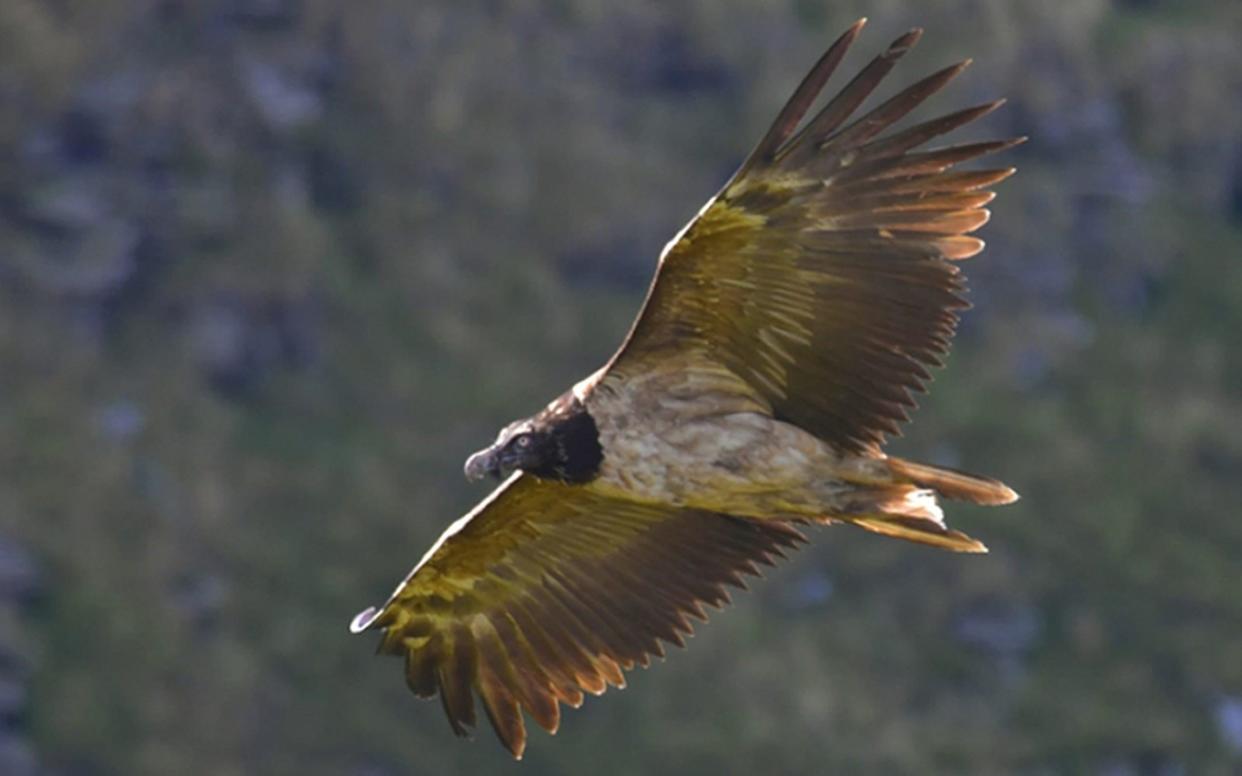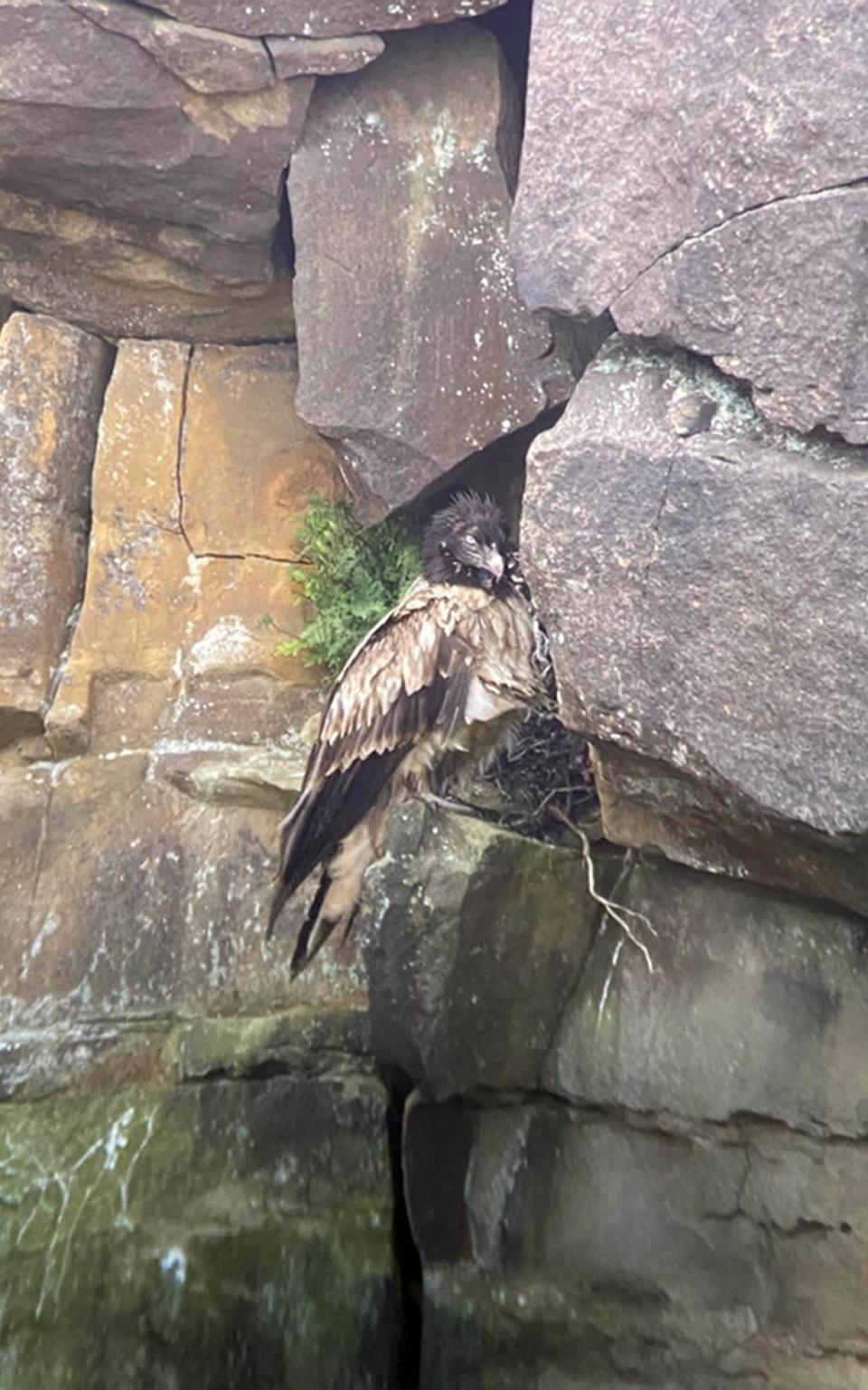Peak District National Park in row with conservationists over future of bearded vulture

Peak District National Park has caused a row with conservationists after suggesting that a bird of prey may have to be “repatriated” due to threats to its safety.
The bearded vulture has been nesting in the Peak District since June and it is believed to be only the second time one has been spotted in the UK.
Experts think it originated from the Alps or the Pyrenees and have observed it “behaving normally”.
But now the National Park has caused confusion by issuing a statement suggesting the bird may have to be “returned” to where it originated.
Sarah Fowler, the park’s chief executive, said: “Although any intervention remains a last resort, conservation experts both locally and from the continent are already exploring how the bird may be returned safely to its home reintroduction area, as all individual bearded vultures remain vital to the scheme.”
She cited “changeable weather conditions” in the Autumn as a concern for the bird's welfare, as well as “wildlife crime” potentially hindering its survival in the area.
But conservation groups have said there is “no need” to intervene and it could even be a criminal offence to do so.
José Tavares, director of the Vulture Conservation Foundation (VCF), said: “At this stage there is no need to intervene unless the bird becomes grounded (unable to fly) due to weakness, injury or other cause and is in need of treatment.”

He added that although threats do exist to the bird, such as lead poisoning if it was to eat an animal which had been shot, or collisions with overhead wires, these threats exist in many parts of its normal range in Europe.
Since the National Park’s statement was released, conservationists in France and Spain have also contacted the VCF raising concerns over the suggestion stating: “This isn’t normal protocol.”
Louis Phipps, a conservation biologist and research officer at VCF, said: “It doesn't make sense” to try and capture the bird “just because people are concerned”.
The RSPB added that the vulture is protected under European law and any attempt to capture it, if it wasn’t sick or without a licence, would be a criminal offence.
Responding to the confusion, a Peak District National Park spokesperson stuck by the comment stating: “Any intervention in respect of the bearded vulture would be as a last resort where the bird’s health or welfare is identified to be at risk, such as an injury.
“This may be an increasing factor as our seasonal weather changes.”
They added that any decision to intervene would not be down to the Park, and relevant experts would be consulted.
Experts hope the vulture will eventually make its way back across the Channel on its own accord.

